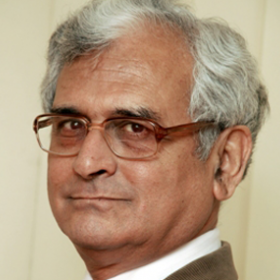
The Race to Cyber Supremacy Reaches New Levels
Although cyberspace is important for economic growth, countries must also have supremacy in it through their ability to navigate it for intelligence gathering and cyberwarfare. Kamlesh Bajaj writes in The Wire.
Chris Painter, a cybersecurity coordinator in the U.S. Department of State since 2011, stepped down in the third week of July when the Trump administration decided to close the state department’s Office of the Coordinator for Cyber Issues, and move it to the Bureau of Economic and Business Affairs. This marked the jettisoning of cyber issues from cyber diplomacy—something which the Obama administration had established with strong belief in their importance in contemporary world since the emergence of the cyberspace as an engine of economic growth.
In its diplomatic efforts, through this office, the U.S. state department wanted the cyberspace to be used for free flow of information across borders, promotion of democracy, freedom of expression, and human rights—in what was collectively referred to as the Internet freedom agenda. The US signed agreements with several countries for cyber cooperation to share information on cyber incidents, vulnerabilities, new attack vectors, forensics etc to enhance peaceful uses for growth of economies. The zenith of this diplomacy was the signing of an agreement with China, in 2015, to stop economic espionage for intellectual property, to not attack critical information infrastructures such as banking, electricity generation and distribution. Not surprising that some two dozen Democrats promptly urged US secretary of state Rex Tillerson on July 21 to keep the state department’s cyber division citing the reduction in espionage of U.S. industry as a direct outcome of this agreement. With the world getting more interconnected, they argued cyber diplomacy would assume greater importance.
Read in full here.

